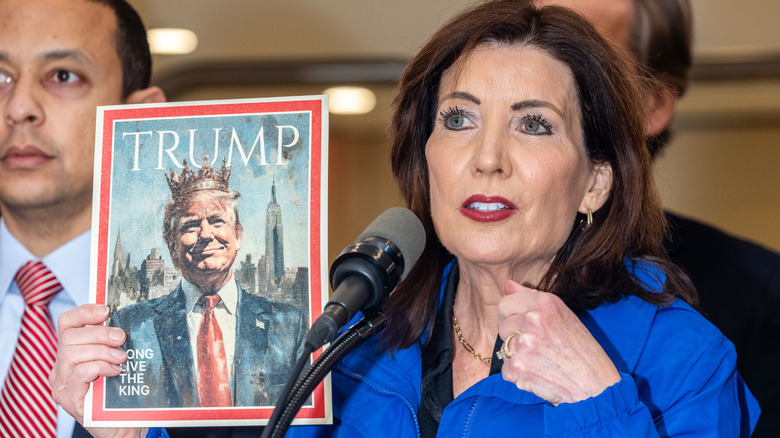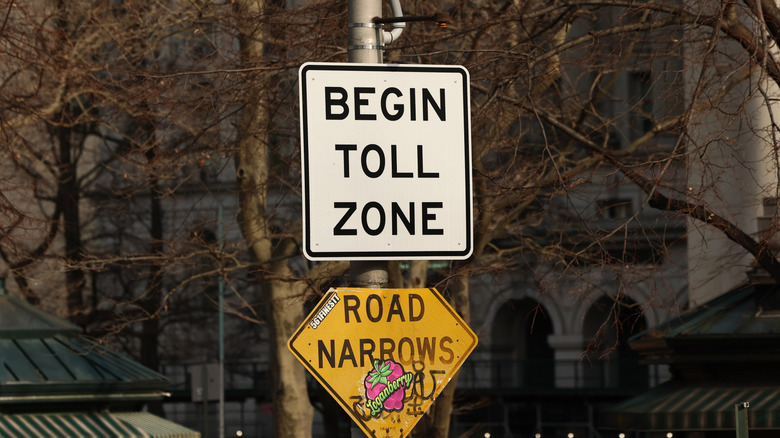NYC's Congestion Pricing Hits Revenue Target, Continues To Prove Doubters Dead Wrong
Data from the first month of New York City's congestion pricing scheme proves that it's still an undisputed success. The MTA announced that congestion pricing has brought in $48.6 million. After accounting for expenses, that's $37.5 million in net revenue, within the ballpark of the expected $40 million. This is on top of the reduced traffic and higher speeds in Manhattan. The transit agency expects revenue to rise even higher during the summer months unless President Trump shuts down the entire program.
The information from the MTA's Monday committee meeting also shed light on who was paying the congestion charges. Roughly 22 percent of the revenue came from taxis and for-hire vehicles, nine percent from trucks and 68 percent from passenger vehicles. The MTA expects the percentage of truck deliveries to increase as the weather warms. Like one wealthy New Yorker pushed into a 20-minute walking commute across the Midtown border, traffic patterns will change over time as people adjust to congestion pricing zones.
New York can't afford to end congestion pricing now
There are plenty of people who don't want things to change. President Trump vowed to kill the city's congestion pricing if he won the 2024 election. The zone's implementation was delayed six months in the futile hopes that it would help the Democratic Party's prospects in November. Trump has had talks about the zone with Governor Kathy Hochul since his return to the White House, but the U.S. Department of Transportation rescinded the agreement approving the program. Hochul told WABC:
"Our city is paralyzed with gridlock and we had a path forward to be able to make the city move again, and it's working. I just wanted to have that opportunity to convey that but I don't think that we were very persuasive on that front but that's OK. The people of my state need to know that I'm willing to take the fight wherever I have to."
The money raised isn't just sitting in the MTA's coffers. It's being used to modernize, improve, and expand the city's 120-year-old subway system. The agency admitted that the increase in subway ridership that coincided with the congestion pricing was primarily due to measures curbing fare evasion, but the system needed improvements long before 2025. Trump believes congestion charges are hurting New York's economy, but defunding the most efficient way of traveling in the city would do far worse.

